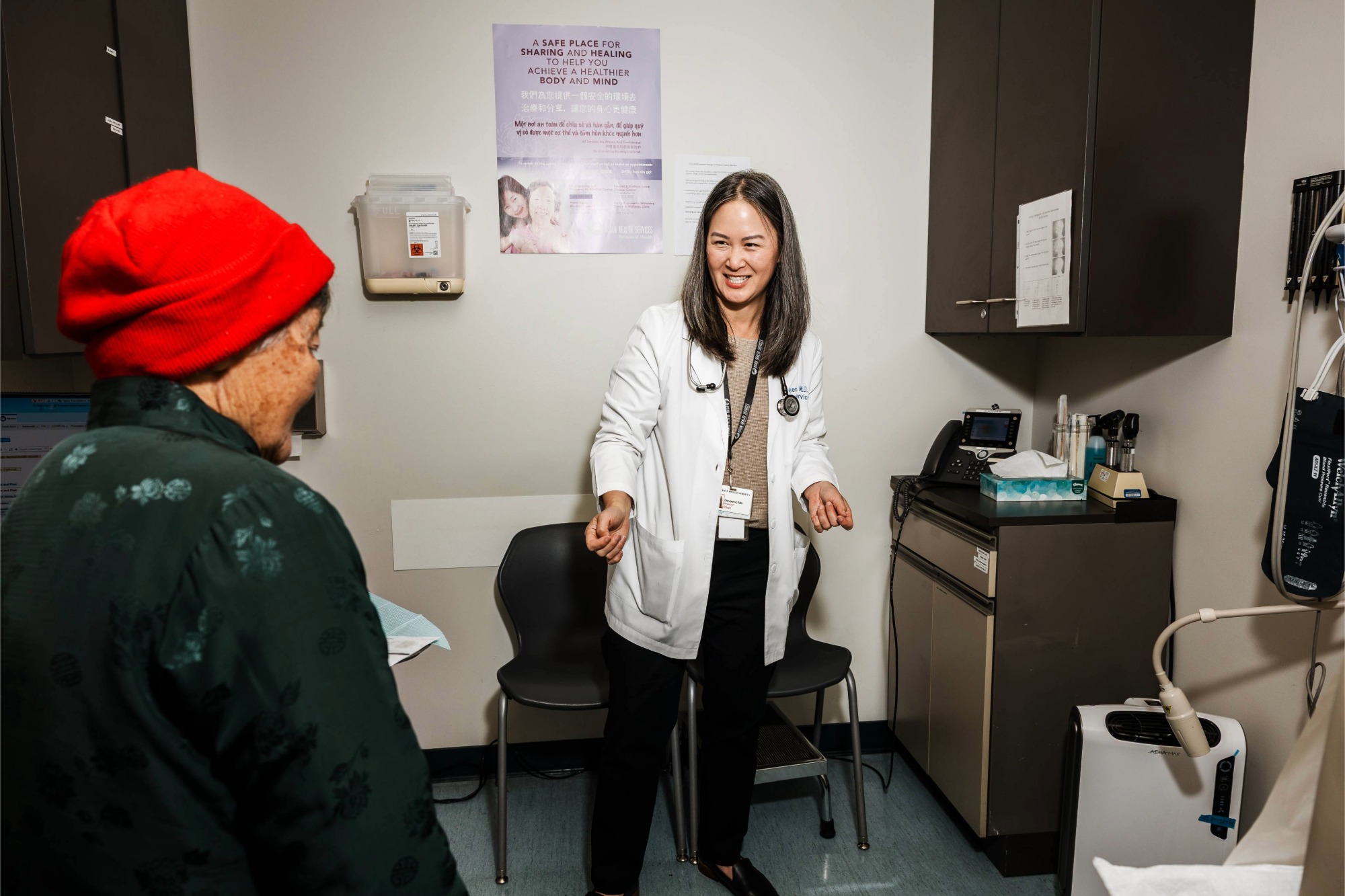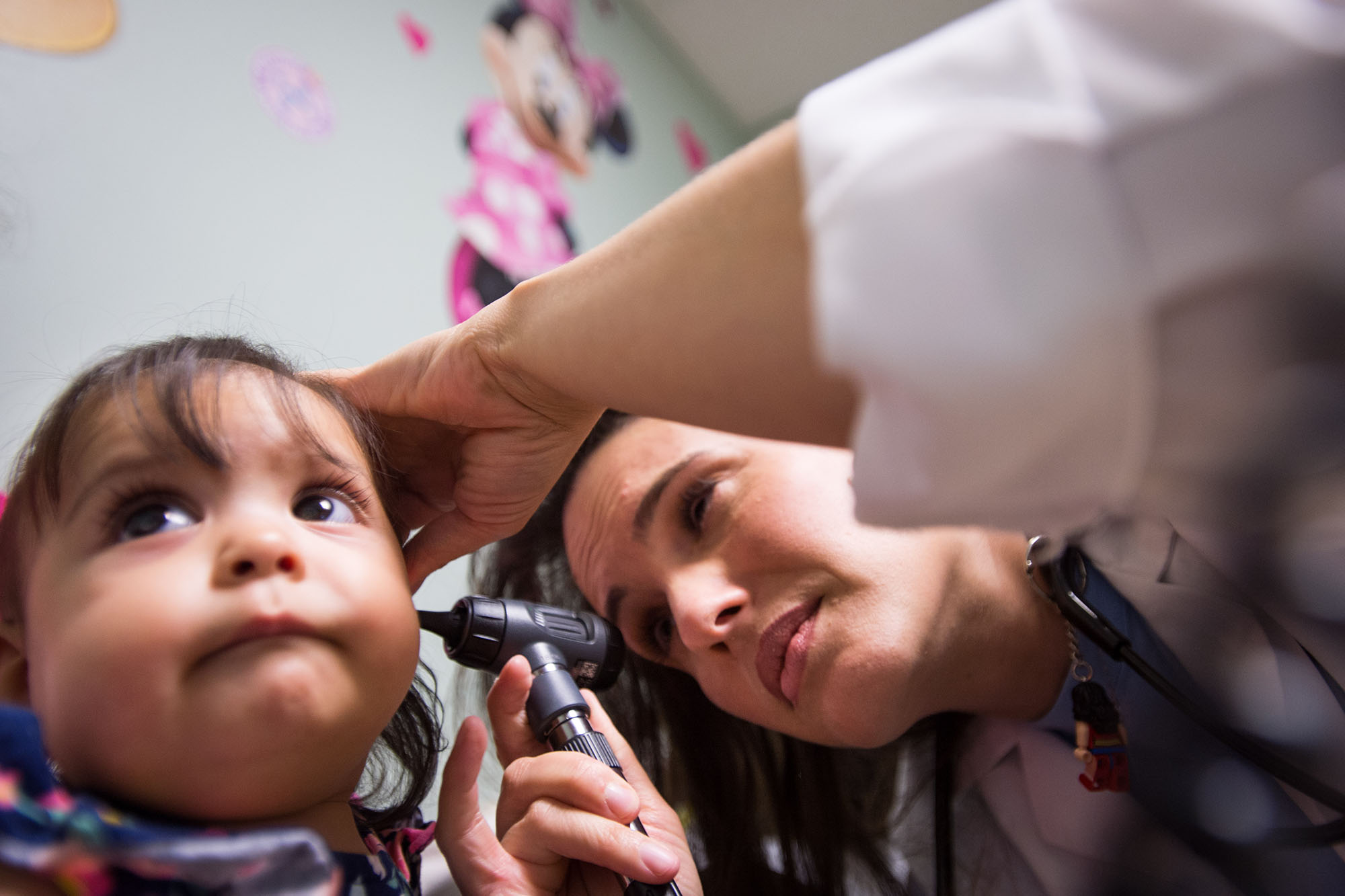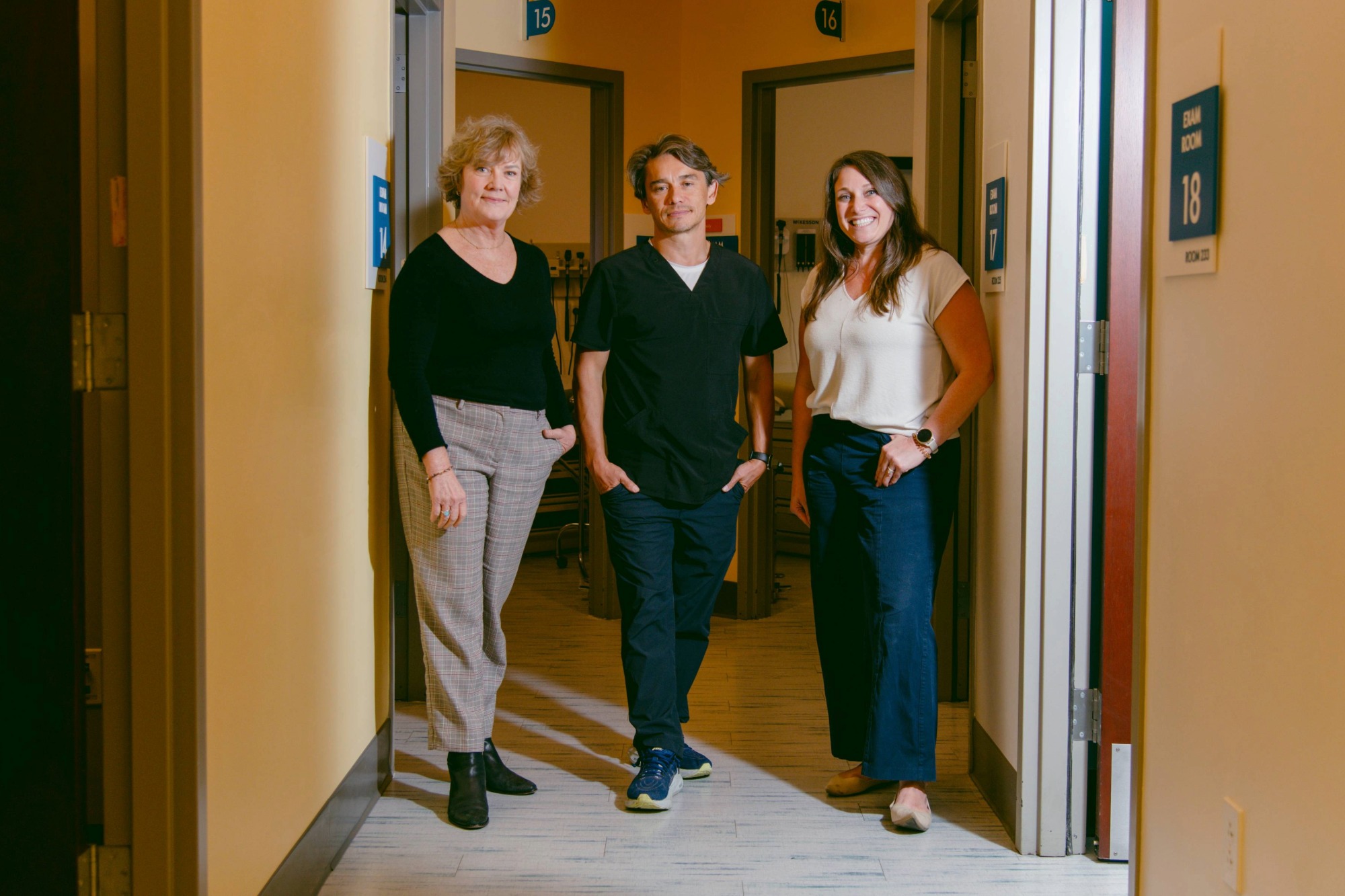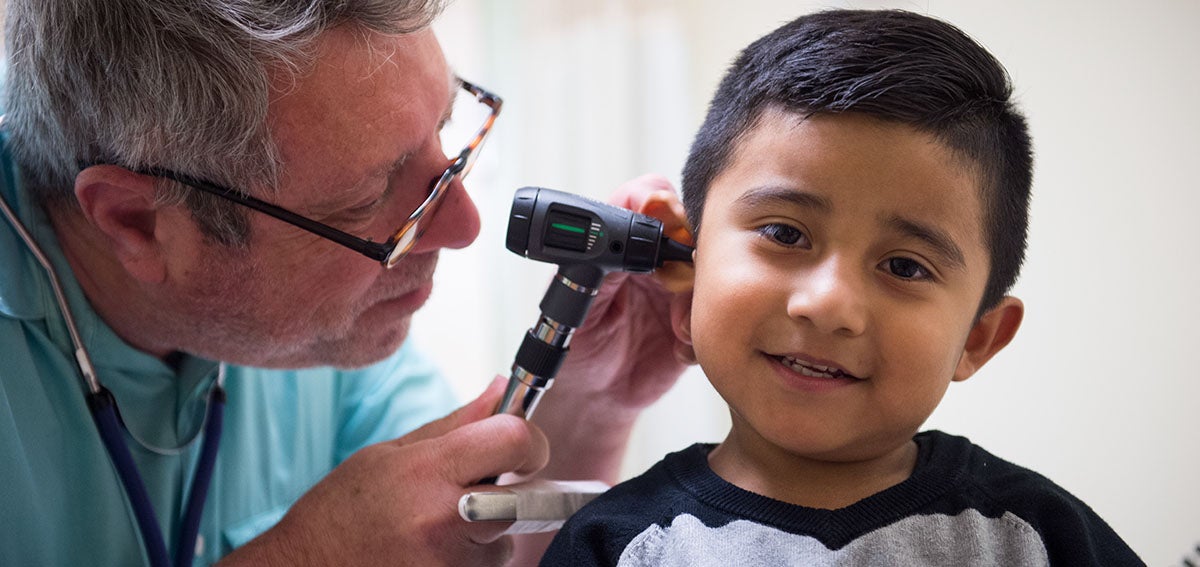Patients for Primary Care
The California Health Care Foundation supports Patients for Primary Care (P4PC), a community of patient activists who are passionate about the value of primary care. P4PC is supported by the University of California San Francisco Center for Excellence in Primary Care, Hear from patients about why primary care matters to them and P4PC’s ideas for policy action:
Access, Affordability, and Respect: California Poll Shows Benefits Associated with Having a Primary Care Provider
The California Health Care Foundation conducts an annual survey of residents’ views on a variety of health care topics. For the first time in 2021, residents were asked whether they have a “regular primary care provider.”
The poll findings (available for download below) illustrate the benefits associated with having a primary care provider among residents with insurance. (Those without insurance were excluded from the analysis.) They demonstrate significant differences between insured Californians who have a primary care provider and those who do not across topics related to health care utilization, experience, affordability, and health behaviors.
Key findings include:
- Californians with a primary care provider report seeking out and receiving more physical health care in the last 12 months, including utilizing video care for telehealth, than those without a primary care provider. They are also less likely to skip or defer care due to cost.
- Californians with a primary care provider report fewer language, distance, and affordability barriers to appropriate care than those without a primary care provider. Californians without a primary care provider are more likely to face barriers accessing care that they can afford, care that is easy to get to, a doctor who speaks the same language, a doctor who shares the same background or experiences, and a doctor who treats them with dignity and respect. These results imply that having a primary care provider can facilitate both access to and utilization of needed care.
- Californians without a primary care provider are more likely to report having negative experiences with health care providers. These experiences include being talked down to, having a doctor assume something about them without asking, having a doctor suggest they were personally to blame for their health problem, having a doctor refuse a test or medication that the patient thought they needed, or having a doctor not listen or not believe what they were saying. Because negative experiences with health care providers can deter patients from seeking treatment, Californians without a primary care provider may continue to have their care needs unaddressed as a result of these experiences.
- Californians without a primary care provider are more likely to report concerns about affording certain health care costs and to report that this concern led to postponing or delaying needed care. This group is also more likely to say that delaying care due to costs then made their health worse. While these results may be more indicative of perceptions of health care costs rather than actual financial barriers, the perception of cost can influence a person’s likelihood of seeking needed care. It appears that having a primary care provider may reduce the perception of the burden of health care costs, which can empower people to get their health care concerns addressed before their conditions worsen.
- Positive health behaviors are more commonly reported by Californians with a primary care provider, including making health a priority, speaking up when visiting the doctor, and getting appropriate screening and preventive care.
The positive benefits associated with having a primary care provider suggest that ensuring access to one could have implications for improving health equity, especially for Latino/x Californians, who are the least likely to reporting having a primary care provider.





